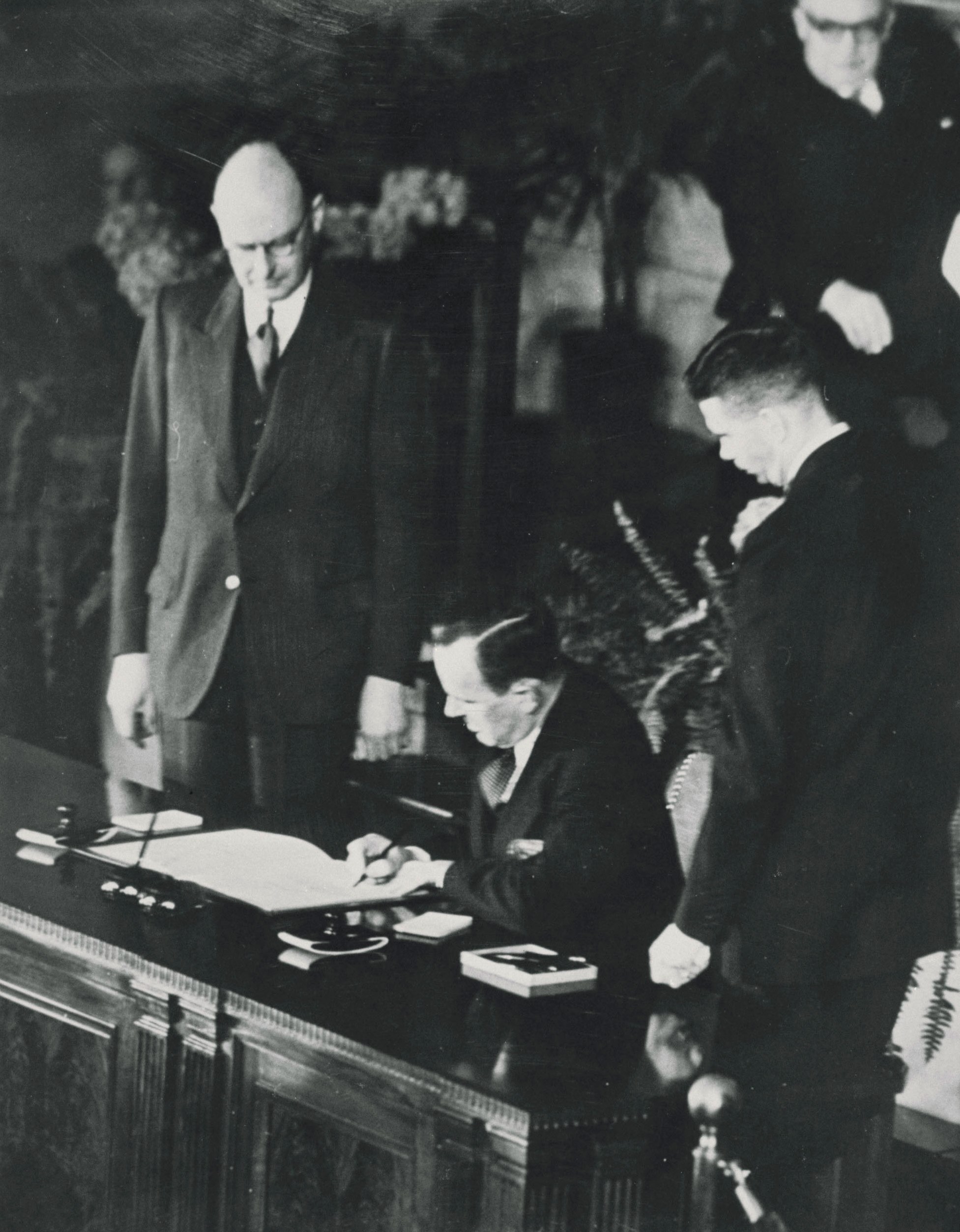Canada’s new role in Iraq comes as Turkish tanks line up against the Syrian border. Turkey has NATO’s second largest army and can see the The Islamic State, also known as ISIS or ISIL, flag from within its borders. ISIS represents a humanitarian, political and military threat to Turkey and NATO members and allies across the region.
Canadian Prime Minister Stephen Harper delivered a speech in the House of Commons on October 3, 2014, proposing six months of airstrikes to combat the Islamic State. On October 7, 2014, the government won the vote. This allows Canada to join the US led coalition against ISIS that includes the UK, France, Australia, Denmark, Belgium, Netherlands, Jordan, Saudi Arabia, Bahrain and the UAE.

The coalition is an impressive show of solidarity, however it is well known that airstrikes cannot defeat ISIS. Nevertheless, airstrikes can strategically degrade the capabilities of ISIS. Airstrikes will facilitate the destruction of its financial resources and limit its ability to engage in military movements and operating bases in the region.
Currently the proposition is clear and limited to Iraq. Any engagements within Syria will have deeper implications in regards to the still existing Assad regime and the lack of on-the-ground intelligence presence and capabilities. Canada is contributing one CC-150 Polaris air-to-air refuelling aircraft, two CP-140 Aurora surveillance planes, one airlift plane, and up to six CF-18 fighter-bombers for deployment in Iraq within the next three weeks. This means approximately 320 aircrew members and other personnel, as well as 280 personnel accompanying the support contingent. The initial 30-day deployment of 69 non-combat Special Forces advisors, 26 of whom are on the ground, has been extended in order to match the new commitment.
Canada’s military enhancement in Iraq shows the country is quick to respond with practical support. Canada is already the seventh biggest donor of humanitarian support to Iraq. It is counter productive to separate security and humanitarian assistance facing an enemy that commits ethical atrocities in the name of religious extremism.
The first Canadian air strikes should be expected soon. When Canada took action with NATO in Libya in 2011, CF-18s took off from Bagotville, QC, and were patrolling Lybia in 48 hours; the first airstrike took place within 72 hours. An important and essential element to keep in mind is that the Canadian Military will be in command of its own personnel in this new operation. However, the Canadian Military is also expected to receive day-to-day mission tasks from partners.
On Friday, PM Harper said, “Being a free-rider means you are not taken seriously.” Canada’s new role in Iraq comes with the message that Canada is prepared to take necessary action in solidarity with its allies and as a NATO member. The Alliance has recently said it is prepared to defend Turkey if ever the conflict spills over the Syrian border. Turkish Prime Minister Ahmet Davutoglu has recently mentioned that in the following days, the development of an integrated strategy including humanitarian, political and military aspects will be integral. The Islamic State continues to grow in Iraq, Syria and even Lebanon.




